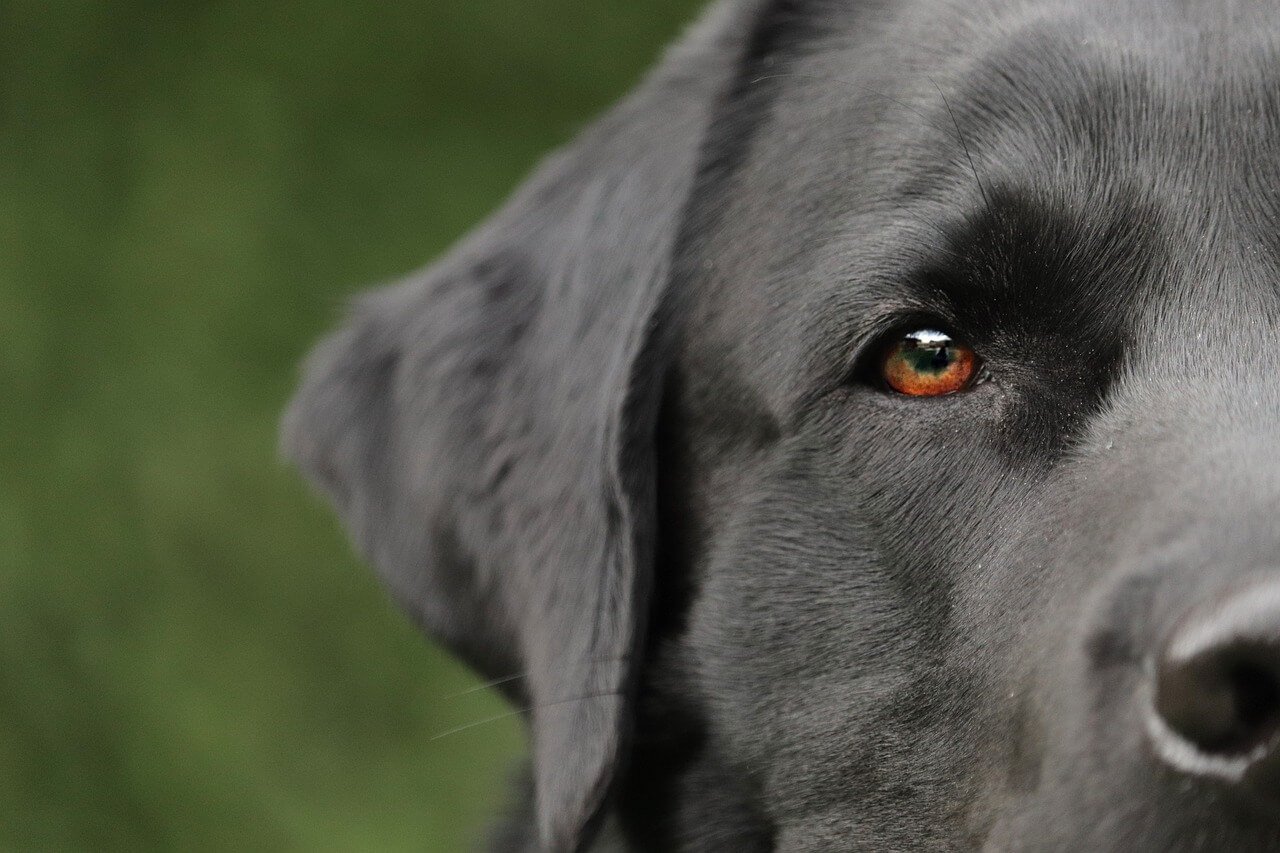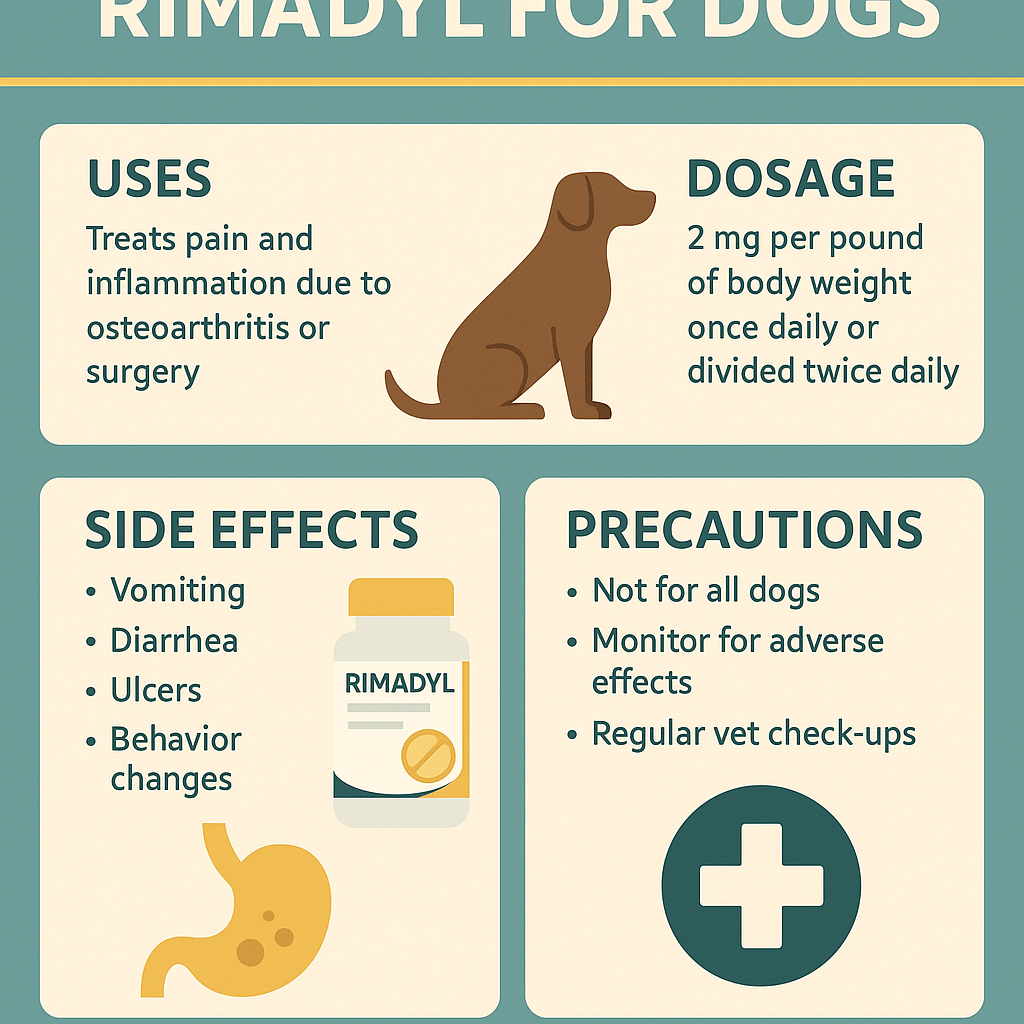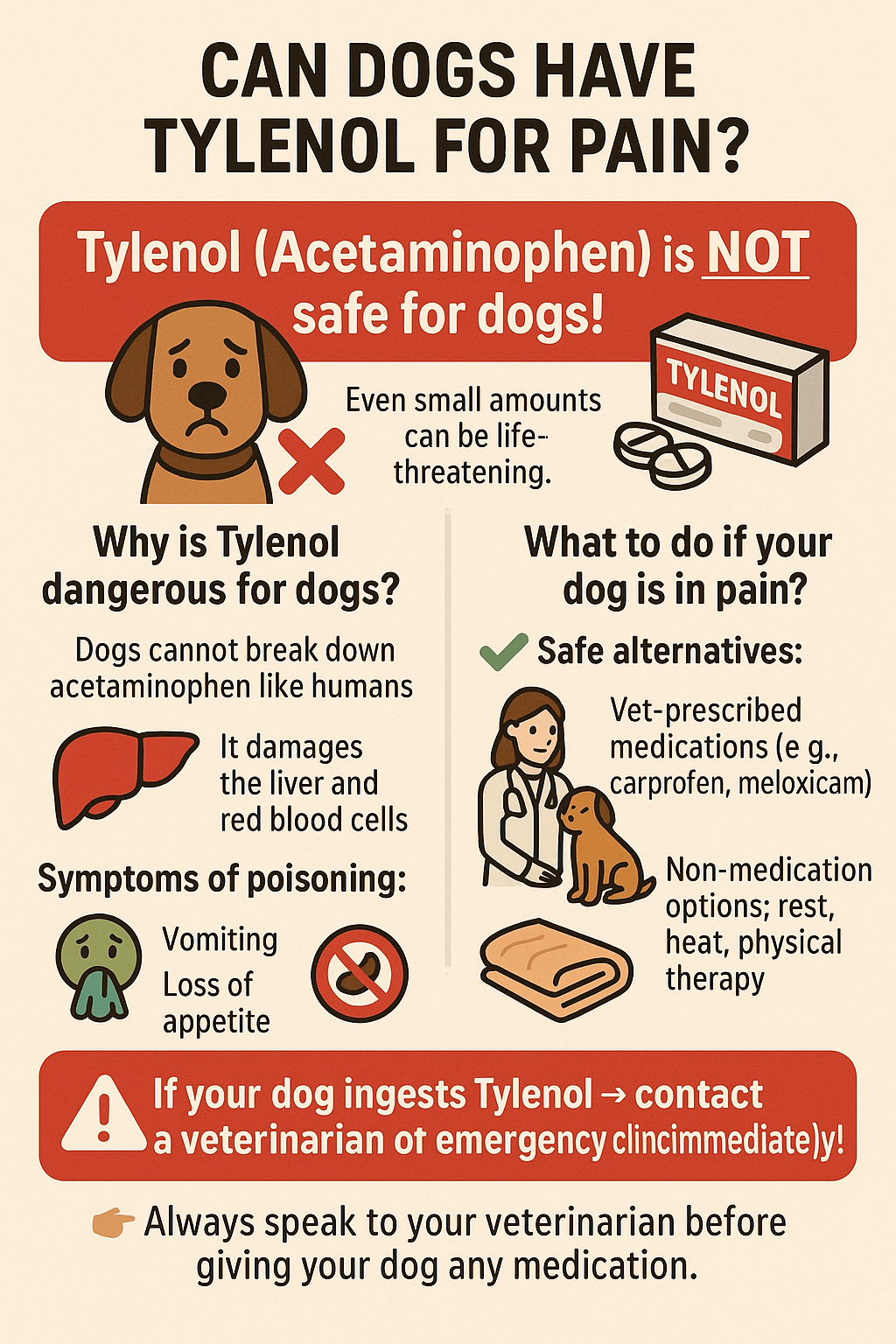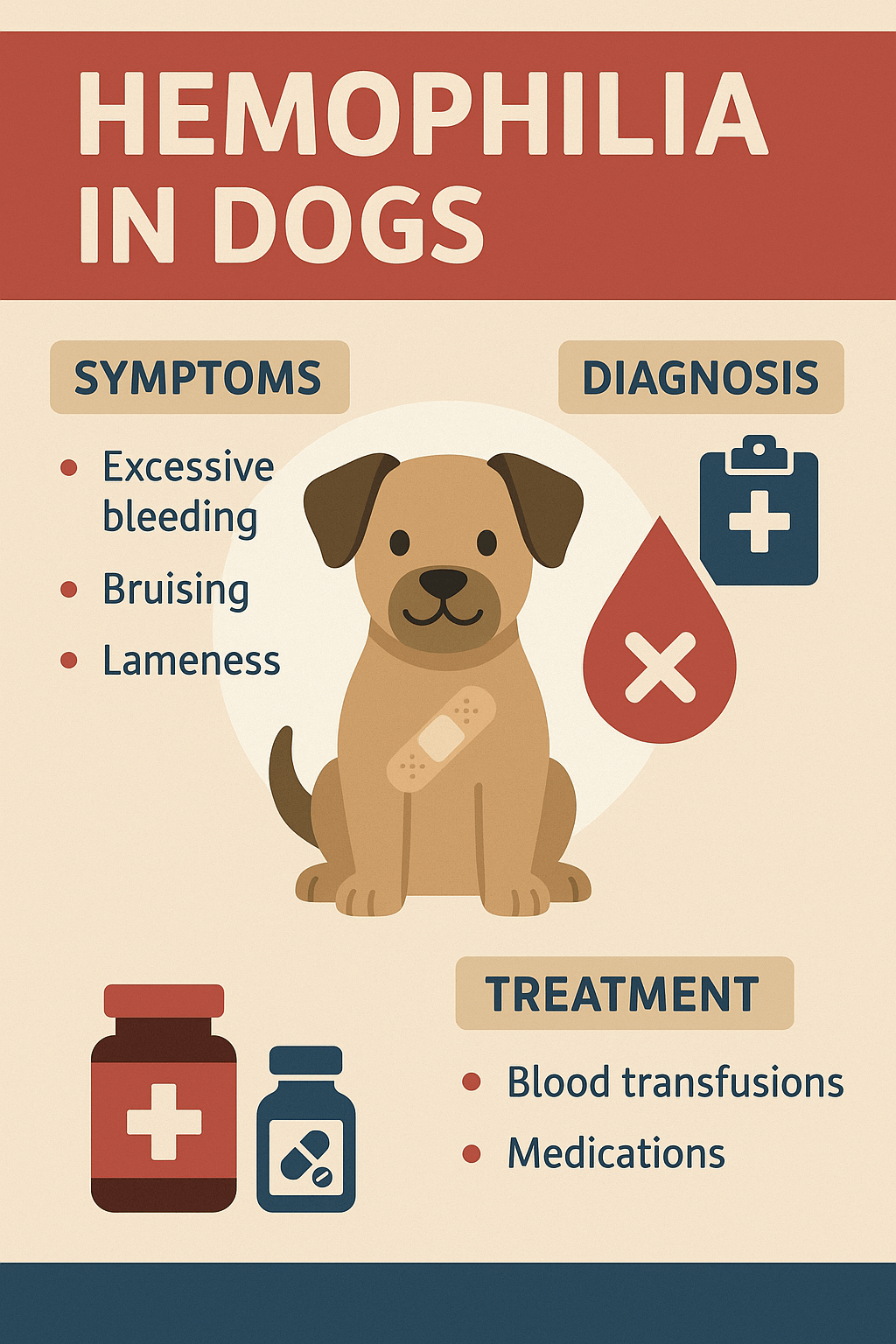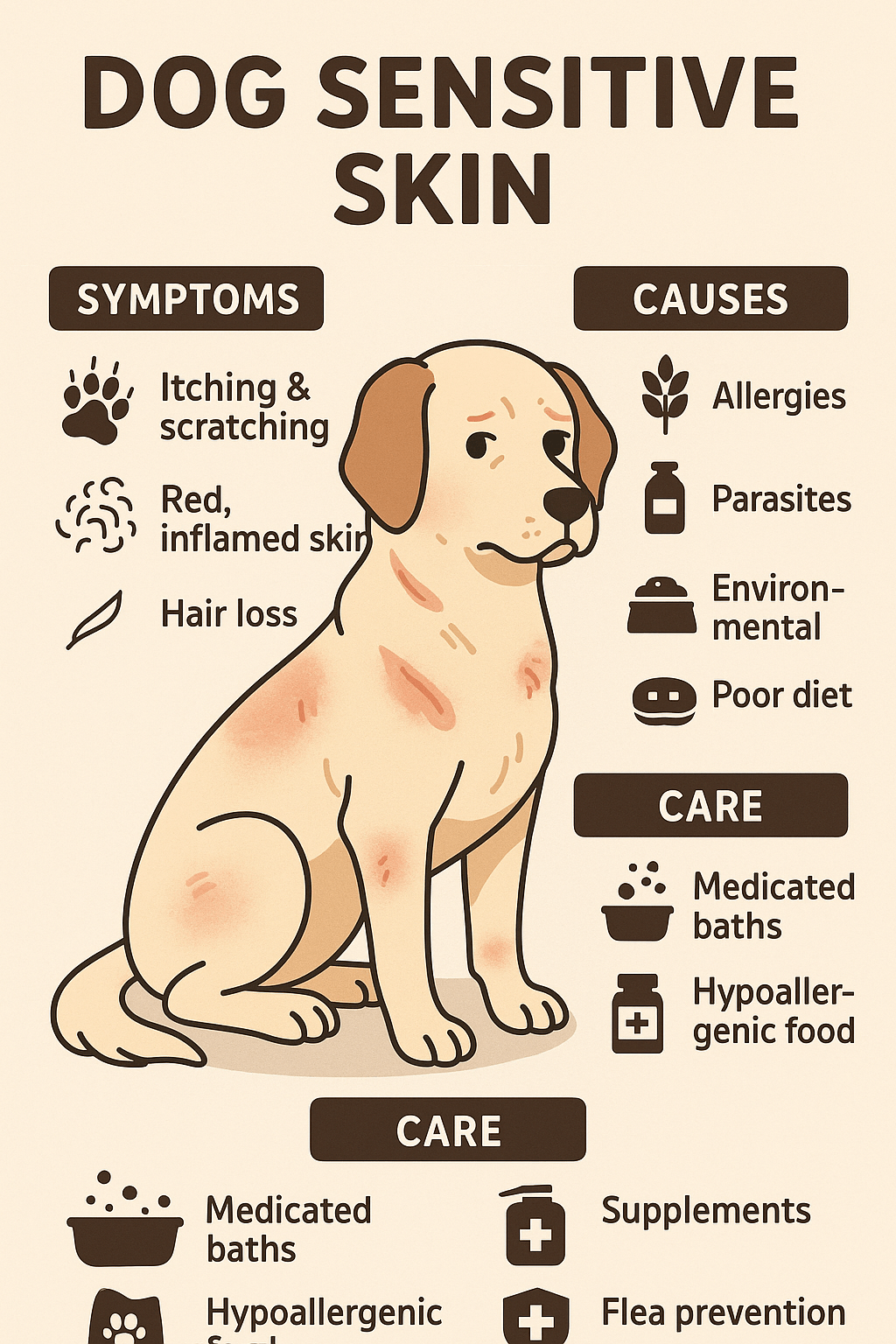Finding the Best Dog Food for Weight Gain: A Guide to Nourishing Your Furry Friend
If you’re a dog owner, you know how much joy your furry companion brings into your life. However, when your dog is underweight, it can be concerning and even distressing. Whether due to illness, picky eating habits, or high energy levels, weight gain in dogs requires a thoughtful approach. Feeding your dog the right food is crucial to ensure they gain weight in a healthy and sustainable way. In this guide, we’ll explore everything you need to know about choosing the best dog food for weight gain, from nutritional considerations to practical tips.
Key Nutrients for Healthy Weight Gain
When it comes to helping your dog gain weight, not all foods are created equal. The focus should always be on nutrient-dense options that provide the essential building blocks for muscle growth and overall health. Here’s what you need to prioritize:
- High-Quality Protein : Protein is the cornerstone of muscle development. Look for foods rich in animal-based proteins like chicken, beef, lamb, or fish.
- Healthy Fats : Fats are calorie-dense and provide a concentrated source of energy. Sources like salmon oil, flaxseed, and chicken fat are excellent choices.
- Complex Carbohydrates : While fats and proteins are the primary focus, some carbs can aid digestion and provide additional calories. Sweet potatoes and brown rice are great examples.
- Vitamins and Minerals : These support metabolic functions and immune health. Foods fortified with vitamins A, D, and E, as well as zinc and iron, are beneficial.
- Limited Fillers : Avoid foods with excessive fillers like corn or soy, as these offer little nutritional value.
By focusing on these key nutrients, you can ensure your dog gains weight in a balanced and healthy manner. Remember, the goal isn’t just weight gain—it’s nourishing your dog’s body holistically.
Top Ingredients to Look for in Weight Gain Dog Food
Choosing the right ingredients is vital to ensure your dog’s weight gain journey is both effective and safe. Here’s a breakdown of the most beneficial ingredients to look for:
- Chicken Meal : A concentrated protein source that supports lean muscle growth.
- Beef Liver : Rich in iron and B vitamins, it helps combat anemia and boosts energy levels.
- Fish Oil : Packed with omega-3 fatty acids, it promotes a shiny coat and joint health.
- Eggs : A complete protein source that’s easy to digest and highly nutritious.
- Pumpkin : Adds fiber and aids digestion while contributing to calorie intake.
- Quinoa : A gluten-free grain that’s high in protein and easy on the stomach.
These ingredients work together to provide your dog with the nutrients they need to thrive. Always opt for products that prioritize whole, natural ingredients over artificial additives or by-products.
Expert Opinion on Weight Gain in Dogs
“Healthy weight gain in dogs is not just about increasing portion sizes—it’s about providing nutrient-dense, high-quality food that supports muscle development and overall vitality,” says Dr. Emily Carter, a veterinarian with over 15 years of experience. “A balanced approach, combined with regular monitoring, ensures your dog gains weight safely without compromising their long-term health.”
Check this guide 👉 Top 4 Premium Beef Dog Food Options for Ultimate Nutrition!
Check this guide 👉 5 Best High-Fat Dog Foods for Ultimate Energy & Health!
Check this guide 👉Top 5 Best Turkey Dog Food Options for Ultimate Nutrition!

Benefits of High-Quality Dog Food | Potential Drawbacks to Consider |
|---|---|
1. Promotes healthy muscle growth | 1. Can be more expensive than standard options |
2. Supports a shiny, healthy coat | 2. May cause digestive upset if introduced too quickly |
3. Enhances overall energy levels | 3. Limited availability in some areas |
4. Reduces risk of allergies and sensitivities | 4. Some dogs may be picky about taste or texture |
5. Fortified with essential vitamins and minerals | 5. Requires careful portion control to avoid overfeeding |
How to Transition to a New Dog Food Safely
Switching your dog’s food requires careful planning to avoid digestive issues. Here’s how to transition smoothly:
- Gradual Introduction : Mix small amounts of the new food with the old diet, gradually increasing the proportion over 7–10 days.
- Monitor Digestion : Watch for signs of upset stomach, such as vomiting or diarrhea, and slow down the transition if needed.
- Stay Hydrated : Ensure your dog has access to fresh water at all times during the transition period.
- Observe Energy Levels : Pay attention to changes in activity and behavior, which can indicate how well your dog is adjusting.
- Consult Your Vet : If your dog has underlying health conditions, seek professional advice before making dietary changes.
A smooth transition minimizes stress for both you and your dog, setting the stage for successful weight gain.
Common Mistakes to Avoid When Feeding for Weight Gain
Even with the best intentions, it’s easy to make mistakes when trying to help your dog gain weight. Here’s what to avoid:
- Overfeeding : Too many calories at once can overwhelm your dog’s system and lead to obesity rather than healthy weight gain.
- Low-Quality Foods : Cheap, filler-heavy foods lack the nutrients necessary for sustainable growth.
- Ignoring Portion Sizes : Feeding inconsistently can disrupt your dog’s metabolism and hinder progress.
- Skipping Vet Check-Ups : Undiagnosed medical issues could be the root cause of weight loss, so regular vet visits are essential.
- Rushing Results : Patience is key; rapid weight gain can strain your dog’s organs and joints.
By steering clear of these pitfalls, you can create a safe and effective plan for your dog’s weight gain journey.
Additional Tips for Supporting Your Dog’s Weight Gain Journey
In addition to selecting the right dog food, there are several other strategies you can implement to support your dog’s weight gain efforts. These tips focus on creating a holistic approach that addresses not just nutrition, but also lifestyle and overall well-being:
- Establish a Consistent Feeding Schedule : Feed your dog at the same times each day to regulate their metabolism and encourage better eating habits.
- Encourage Physical Activity : Moderate exercise can stimulate appetite and improve digestion, helping your dog make the most of their meals.
- Create a Stress-Free Environment : Dogs are more likely to eat well in calm, comfortable surroundings. Minimize noise and disruptions during mealtime.
- Use Appetite Stimulants if Needed : For dogs with poor appetites, natural options like ginger or vet-prescribed stimulants can help boost interest in food.
- Track Progress Regularly : Monitor your dog’s weight weekly and adjust portion sizes or feeding strategies as needed to ensure steady progress.
By incorporating these additional practices into your routine, you’ll create an environment that fosters healthy weight gain and supports your dog’s overall happiness and vitality.
Understanding the Role of Treats and Supplements in Weight Gain
While high-quality dog food should always be the foundation of your dog’s diet, treats and supplements can play a supportive role in their weight gain journey. However, it’s important to use them wisely to avoid unintended consequences. Here are some key considerations:
- Choose Calorie-Dense Treats : Opt for treats specifically designed for weight gain, such as those made with peanut butter, cheese, or freeze-dried meats.
- Limit Treat Portions : Even calorie-dense treats should make up no more than 10% of your dog’s daily caloric intake to maintain a balanced diet.
- Incorporate Nutrient-Rich Supplements : Supplements like omega-3 oils, probiotics, or digestive enzymes can enhance nutrient absorption and overall health.
- Avoid Harmful Ingredients : Steer clear of treats containing artificial additives, excessive sugar, or toxic ingredients like chocolate or xylitol.
- Use Treats as Motivation : Treats can double as training rewards, encouraging positive behavior while contributing to calorie intake.
By thoughtfully integrating treats and supplements into your dog’s routine, you can provide additional support for their weight gain goals without compromising their nutritional balance.
Signs Your Dog is Gaining Weight Healthily
Monitoring your dog’s progress is essential to ensure their weight gain journey is on track and sustainable. Healthy weight gain should be gradual and accompanied by positive changes in their overall well-being. Here are some signs that indicate your efforts are paying off:
- Improved Energy Levels : A healthy weight gain often leads to increased stamina and playfulness, as your dog feels stronger and more energized.
- Shinier Coat and Healthier Skin : Proper nutrition reflects in your dog’s appearance, with a glossy coat and reduced dryness or flakiness.
- Visible Muscle Tone : Instead of just adding fat, you should notice improved muscle definition, especially around the shoulders and hindquarters.
- Consistent Appetite : A steady interest in food shows that your dog is responding well to the diet and enjoying the meals you provide.
- Better Mood and Behavior : Dogs gaining weight healthily tend to be happier, calmer, and more engaged with their surroundings.
These positive changes are indicators that your dog is thriving. If you notice any concerning symptoms, such as lethargy or digestive issues, consult your veterinarian to adjust the plan accordingly.
Frequently Asked Questions About Dog Food for Weight Gain
How long does it take for a dog to gain weight?
This varies depending on the dog’s age, breed, and current health status, but noticeable results typically appear within 4–6 weeks of consistent feeding.
Can I feed my dog human food to help them gain weight?
Some human foods, like lean meats and vegetables, can be beneficial, but others may be toxic or harmful. Always consult your vet first.
Is wet or dry food better for weight gain?
Both have their advantages. Wet food is more palatable and hydrating, while dry food is often higher in calories per serving.
What if my dog refuses to eat the new food?
Try mixing it with their favorite treats or gradually introducing it over time. If refusal persists, consult your vet.
Are supplements necessary for weight gain?
Not always, but certain supplements like omega-3 oils or probiotics can enhance nutrient absorption and overall health.
Final Thoughts: Empowering Your Dog’s Health Journey
Helping your dog gain weight is a rewarding process that strengthens your bond and ensures their long-term well-being. By prioritizing high-quality ingredients, avoiding common mistakes, and consulting your veterinarian, you can create a customized plan that meets your dog’s unique needs. Remember, patience and consistency are key—your dog’s health is worth every effort. With the right approach, you’ll soon see your furry friend thriving, full of energy, and ready to enjoy life to the fullest.
Rimadyl for Dogs: Best 7 Expert Tips! Discover expert advice on using Rimadyl safely, managing pain, and improving your dog’s mobility with trusted veterinary insights.
Can Dogs Have Tylenol for Pain? Best 7 Expert Tips! Discover the risks, safe alternatives, and expert advice on managing your dog’s pain effectively while avoiding harmful medications.
Understanding Hemophilia in Dogs: Best 7 Expert Tips! Discover expert advice on managing hemophilia, recognizing symptoms, and ensuring your dog’s well-being with practical care strategies.
Understanding Dog Sensitive Skin: Best 7 Expert Tips! Discover expert advice on managing dog sensitive skin, relieving irritation, and improving your pup’s comfort with practical solutions.

